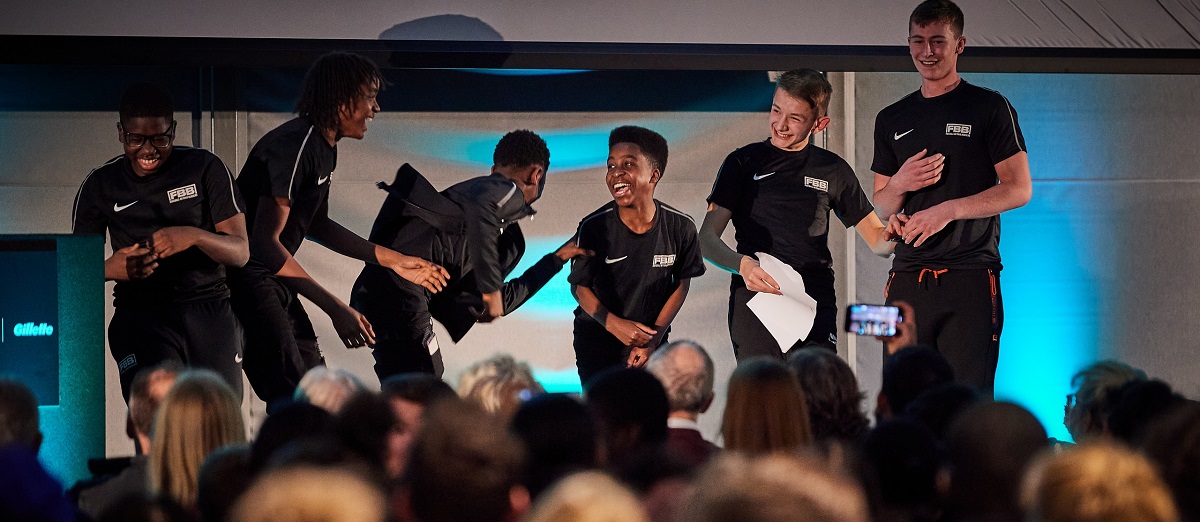Quite often you’ll hear us talking about disadvantaged young people so what is it that we mean when we talk about young people in Britain experiencing severe disadvantage?
Statistically it means that 4.6 M children in the UK are living in poverty and that 1 in 4 children below the age of 19 are living in poverty. This is despite the fact that we’re the 5th richest country in the world.
What do these statistics actually mean? Fundamentally, poverty is about whether people have the resources to meet their needs. Here are a few stark realities associated with living in poverty:
- Living in poverty can have a serious impact on a child’s wellbeing. Some report feeling ashamed and unhappy and admit worrying about their parents.
- Disadvantaged children are 4.5 times more likely to develop severe mental health problems by the age of 11 than children the same age who are wealthier.
- Children in inadequate housing have been shown to be more at risk of disease over their lifetimes.
- 7 million children are forced to go without essentials. That means that their parents don’t have the ability to afford basics such as food and heating. That’s why Marcus Rashford has campaigned for free meals for young people in the school holidays because he grew up in a family that couldn’t afford 3 meals a day. He knows how it feels and has done a great job in highlighting this issue.
- Poverty puts children at greater risk of being groomed or exploited by criminal gangs.
- Poverty affects their education too. Research shows that children who are considered to be living in poverty achieve much lower grades in exams compared to children whose families are comfortable. That’s because of all these pressures that I’ve described above. Just living is hard enough let alone getting good grades and if you don’t get good grades, it effects your chances of doing well in life.
So it’s clear that there is a gap between what wealthier children can achieve and what children facing severe deprivation can achieve and the Covid-19 crisis has widened that gap, especially in the short term.
This is why our mission at the William Wates Memorial Trust is to help children experiencing severe disadvantage to fulfil their potential and stay away from a life of crime. As I write this, I have just returned from visiting one of our charities in Gosport called Oarsome Chance that supports young people who have disengaged from the educational system for many of the reasons listed above. Oarsome Chance brings about significant and lasting change for young people aged 9-19 years old. For many of these young people it is the first time that they have been able to trust an adult in their lives. Through a combination of building trust, practical workshop-based learning and physical activities the young people are given life-changing education and employability skills. It is inspiring to see the transformation in them.
Similarly Football Beyond Borders (FBB) supports young people from disadvantaged backgrounds who are passionate about football but have disengaged from school. FBB help them finish school with the skills and grades to make a successful transition into adulthood. They do this by providing long-term, intensive support, built around relationships and young people’s passions, in the classroom and beyond. WWMT is working with FBB to help provide pathways to employment for the graduates of their four-year FBB Schools programme.
These are just 2 of the examples of why what we do is so important. Please do take a moment to see how the money you raise is offering these young people a glimmer of hope. They need our help. Our cyclists have raised over £4.25M through Le Loop. Let’s continue that tradition of fabulous fundraising in 2022. It brings real meaning to what we achieve on the bike.
Vive le Loop. A force for good!
– Rick Wates OBE (WWMT Trustee and Chairman of Le Loop


